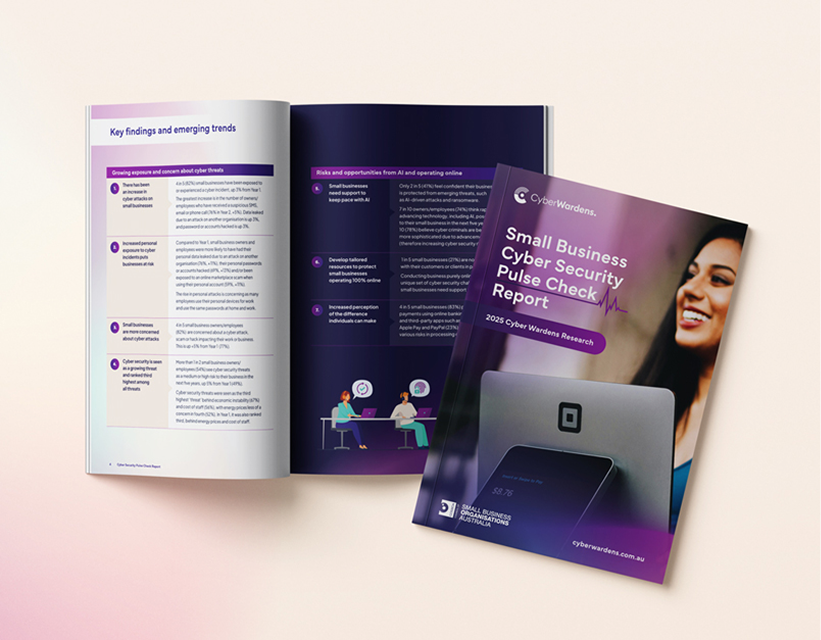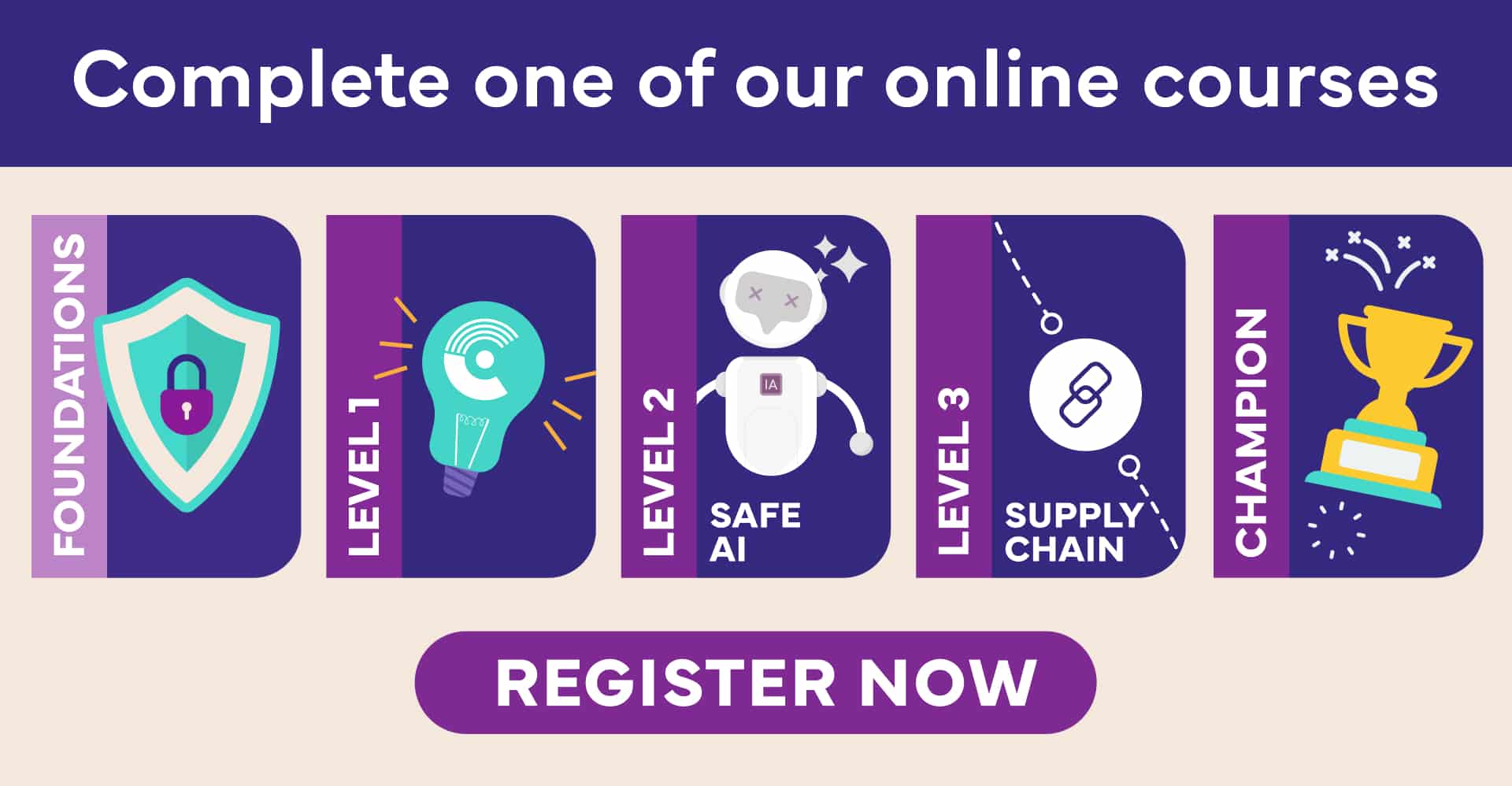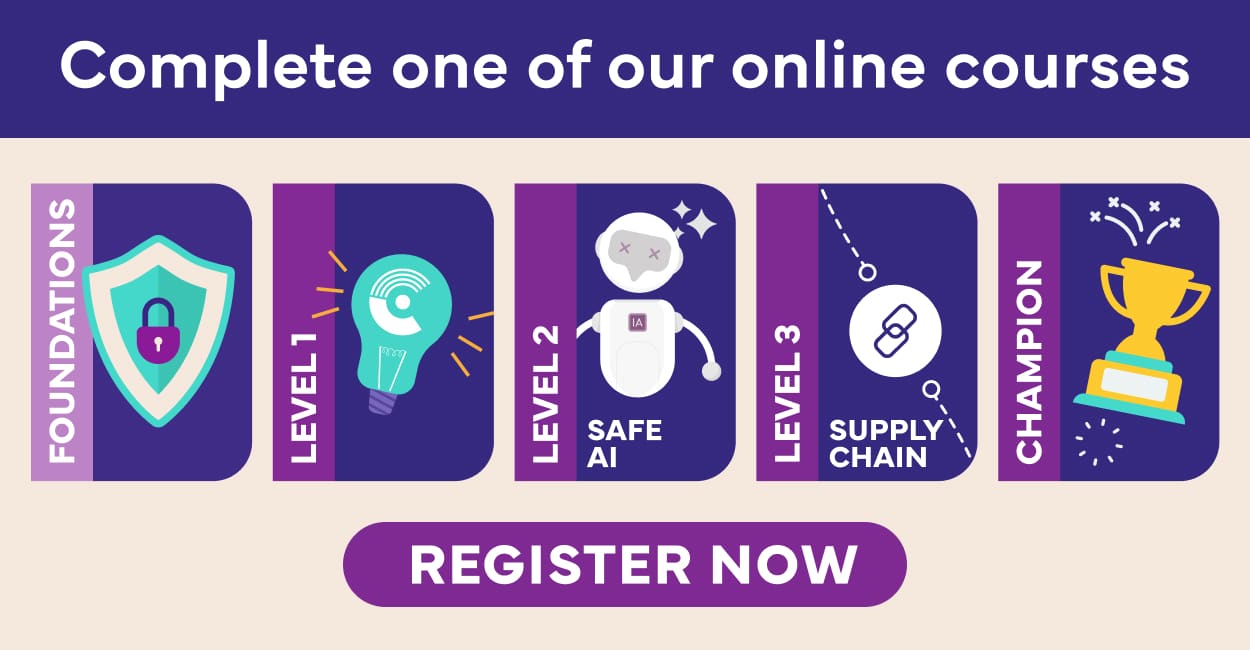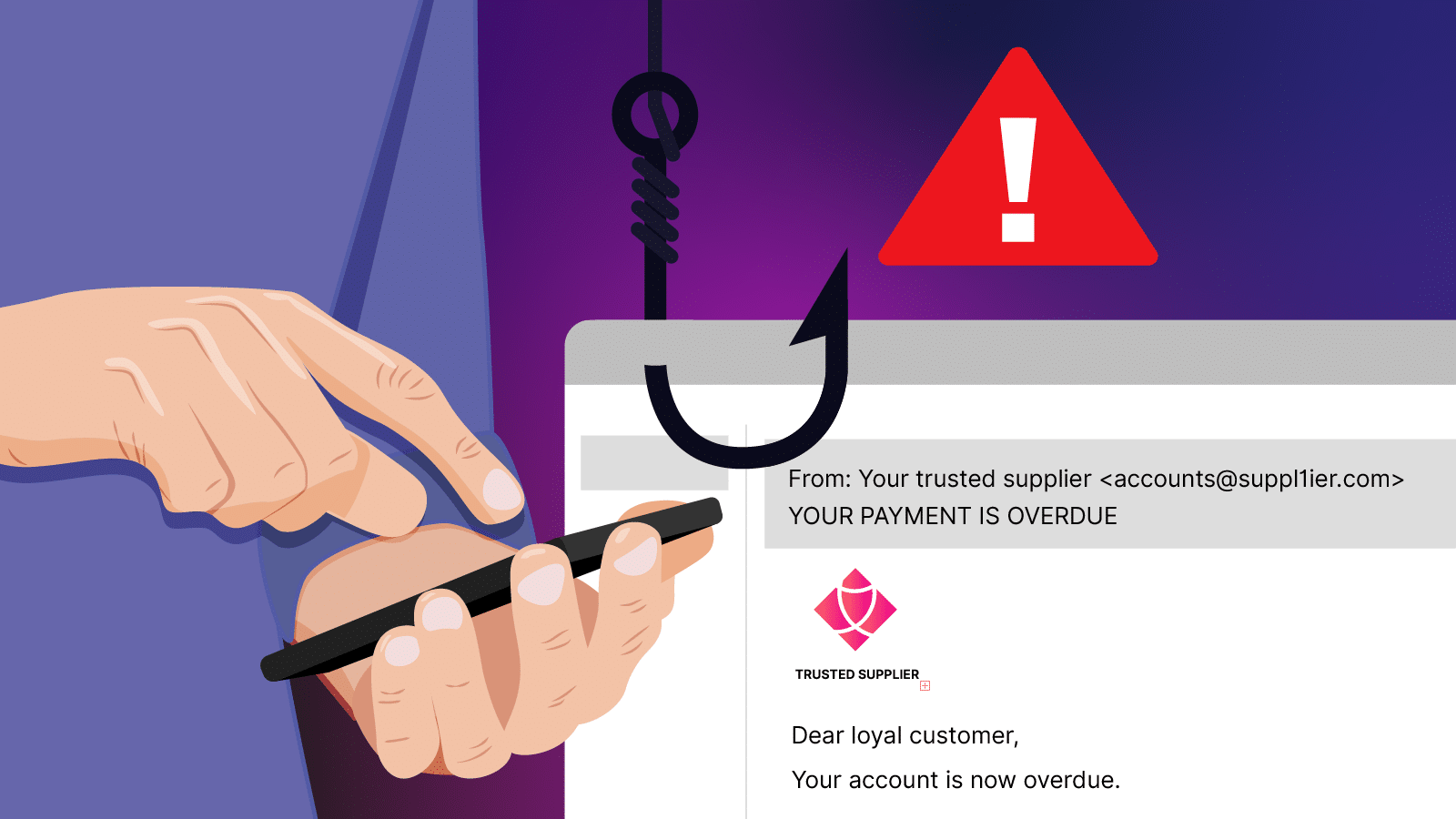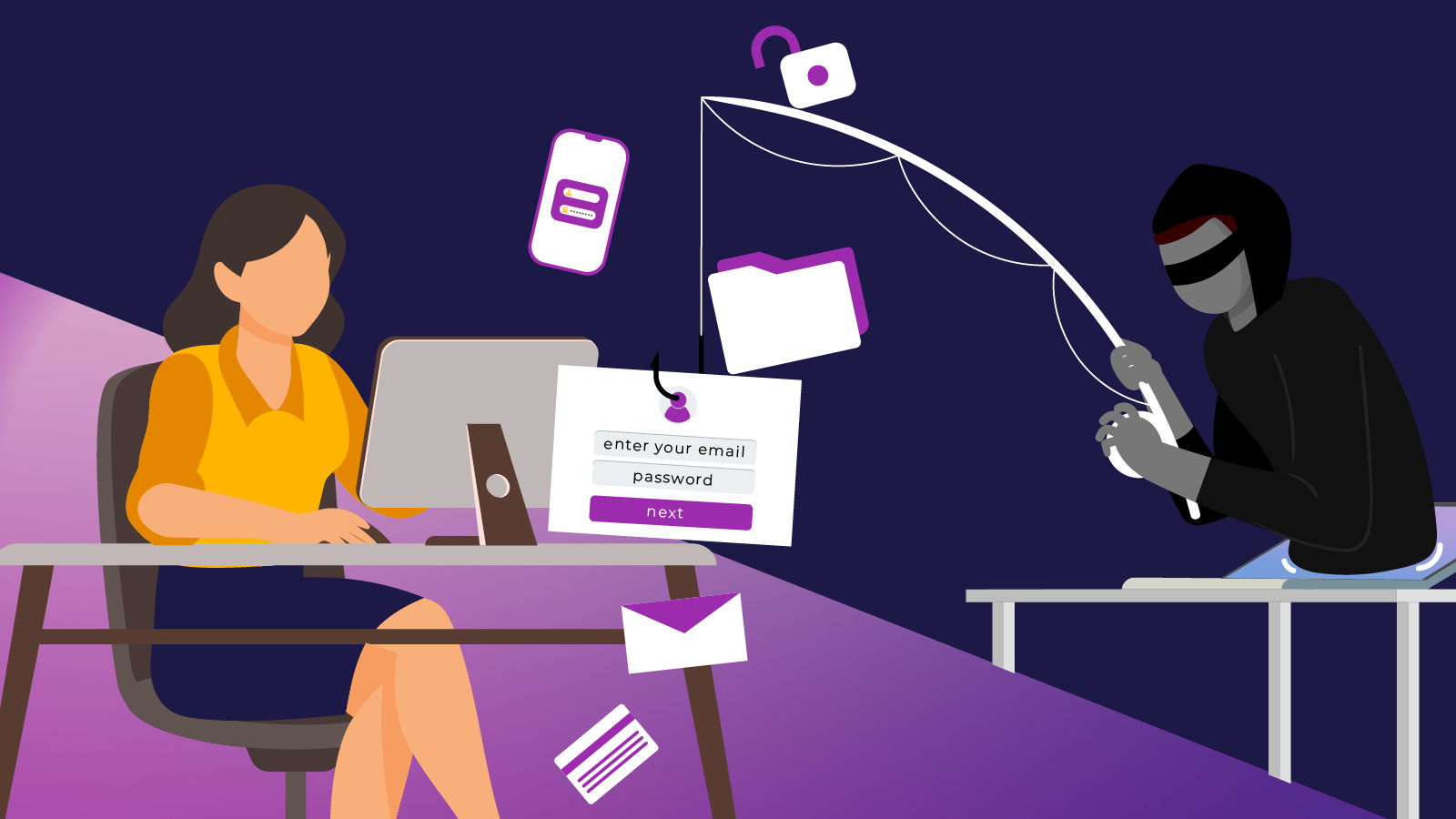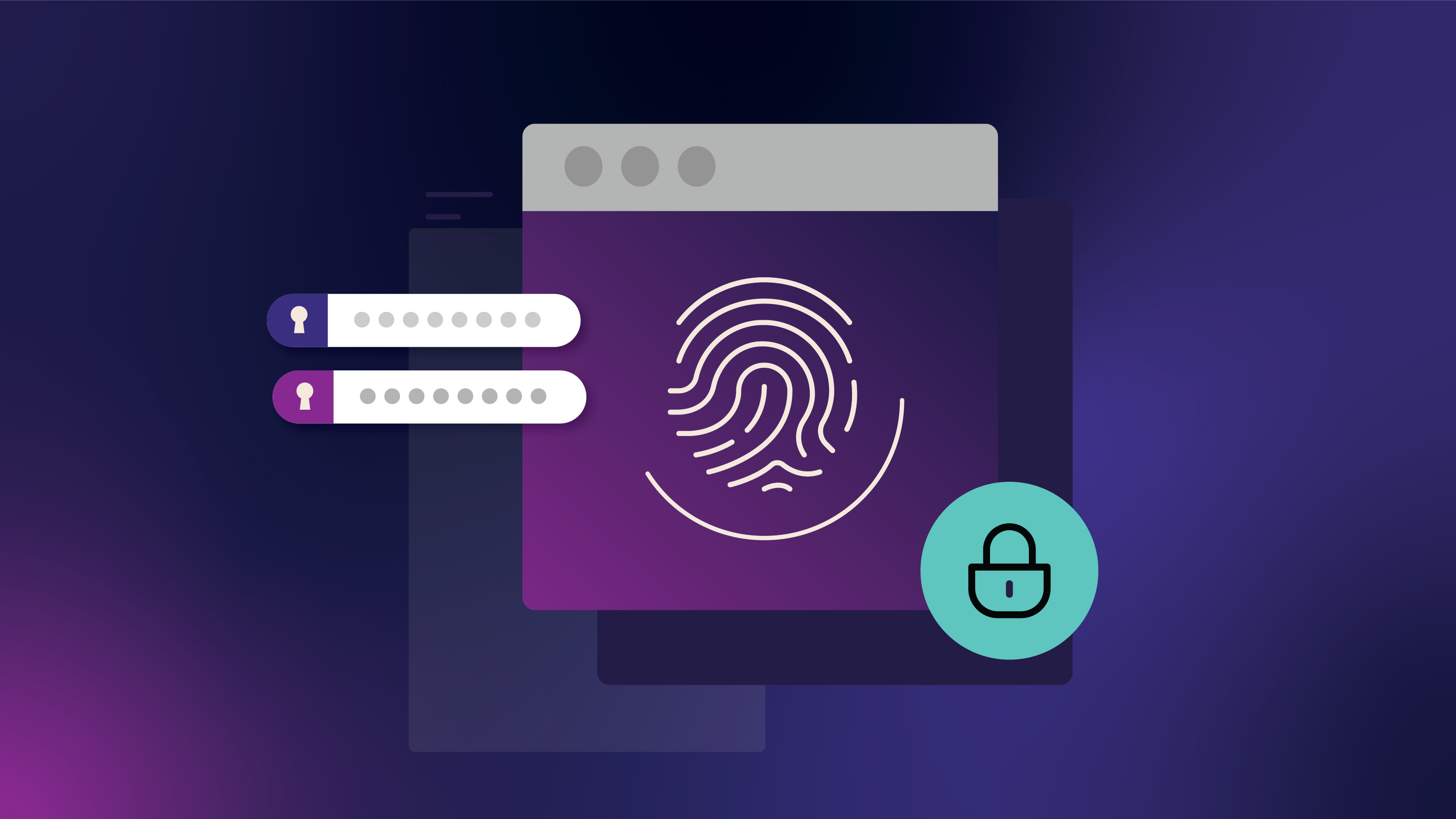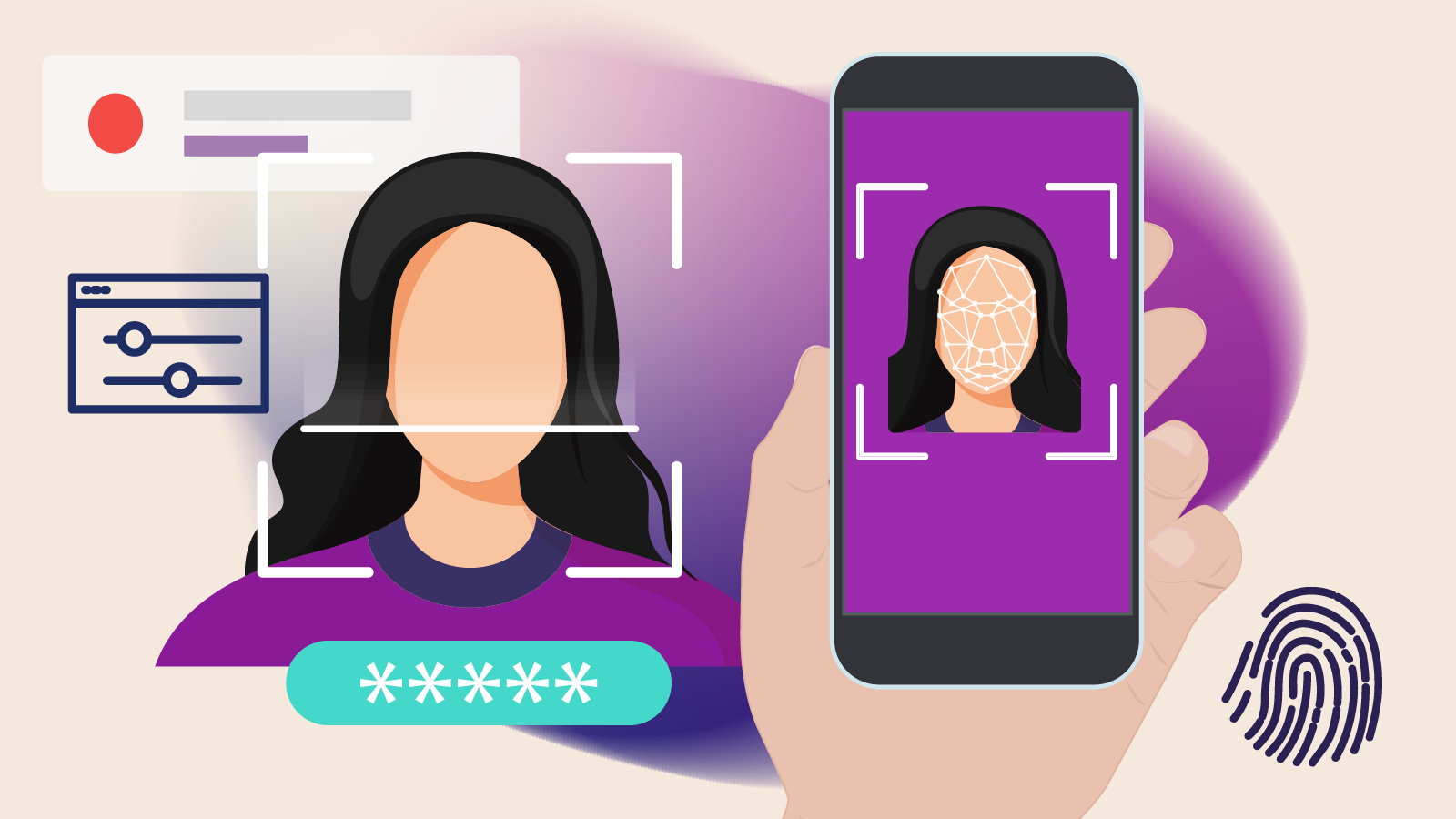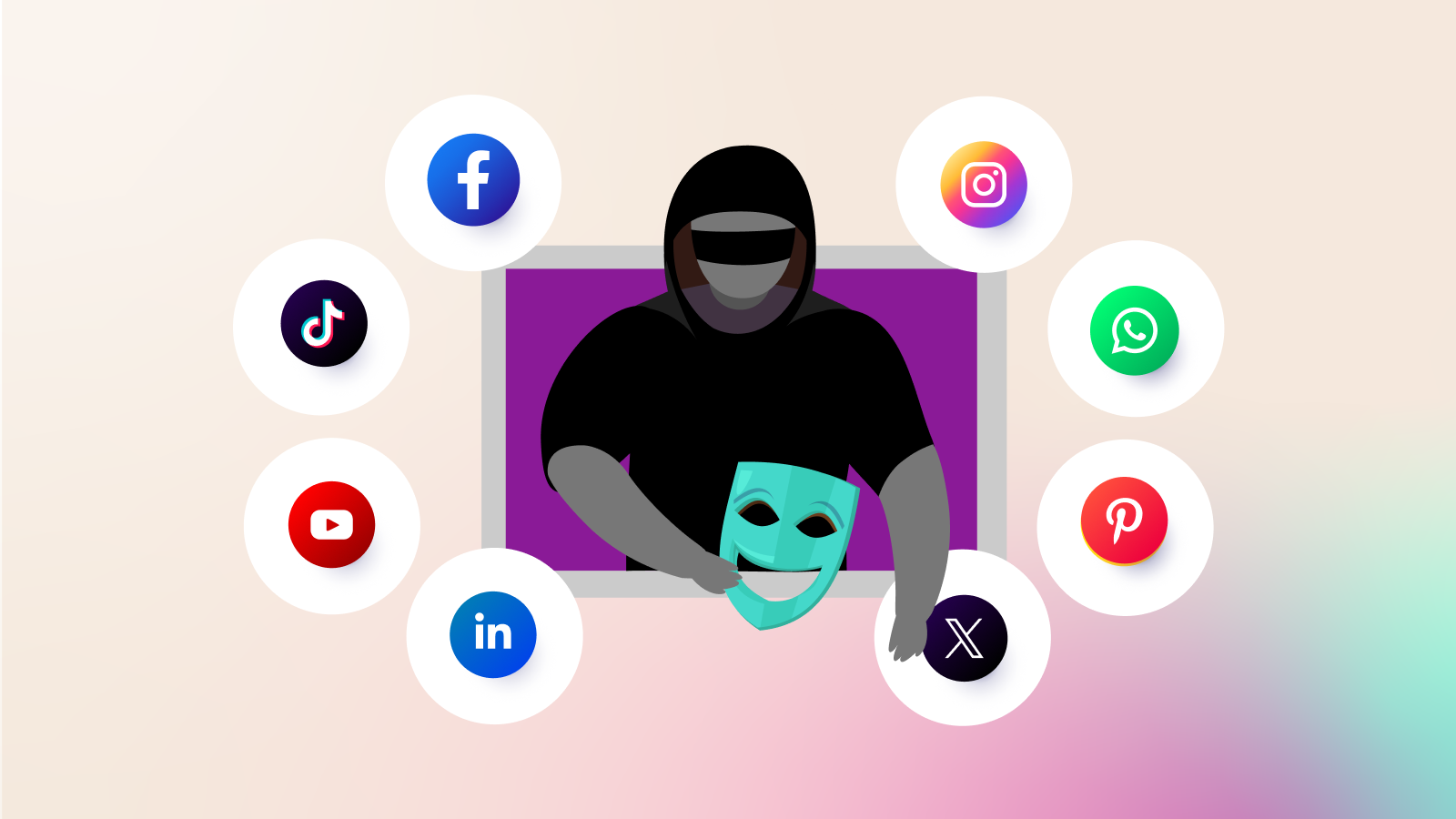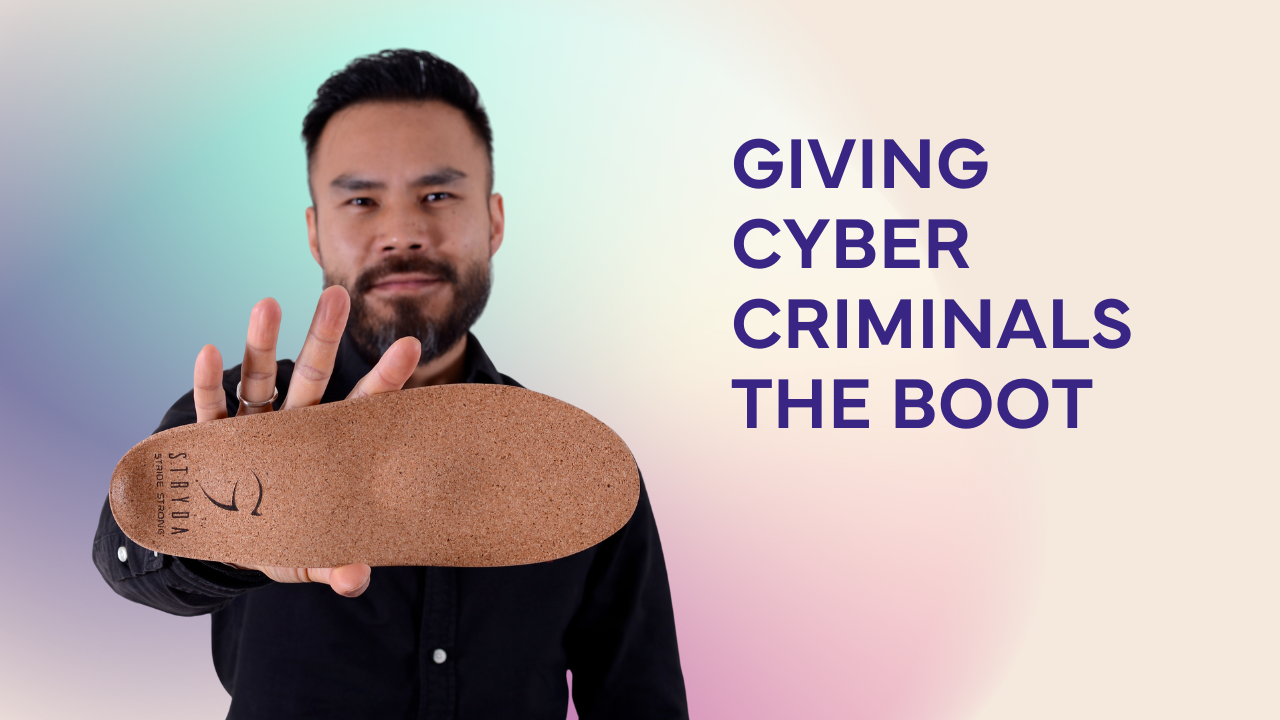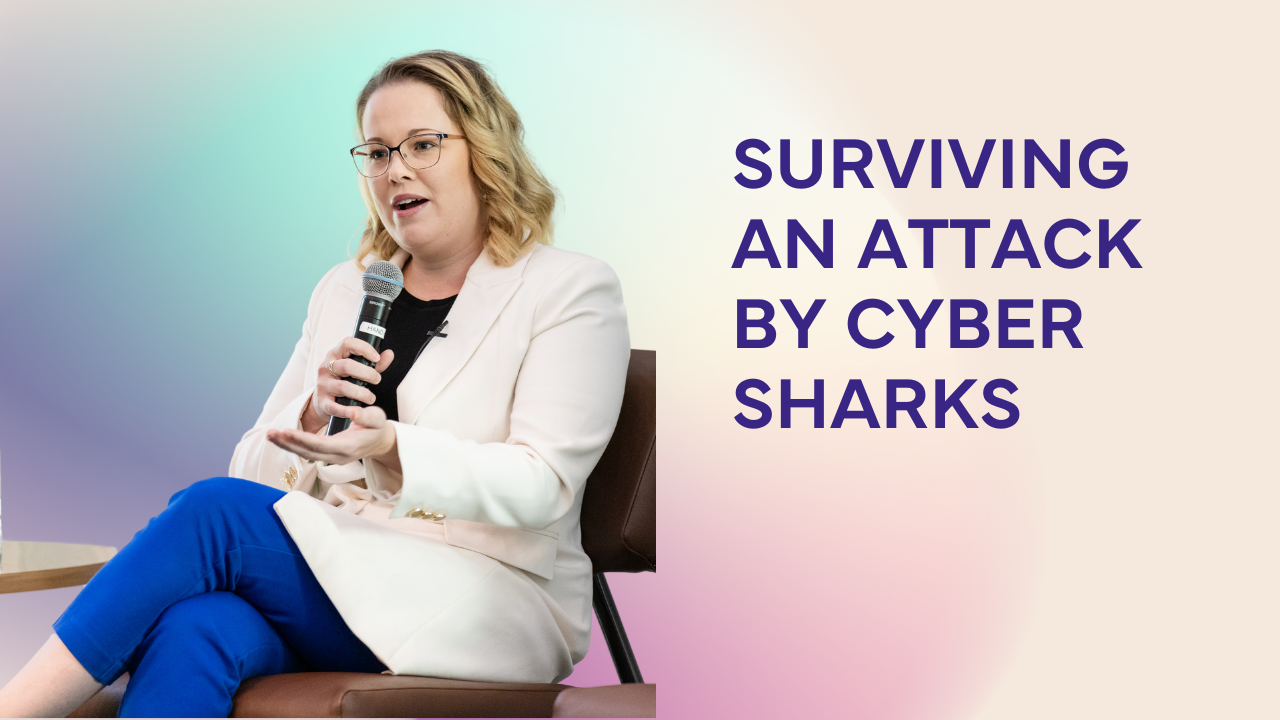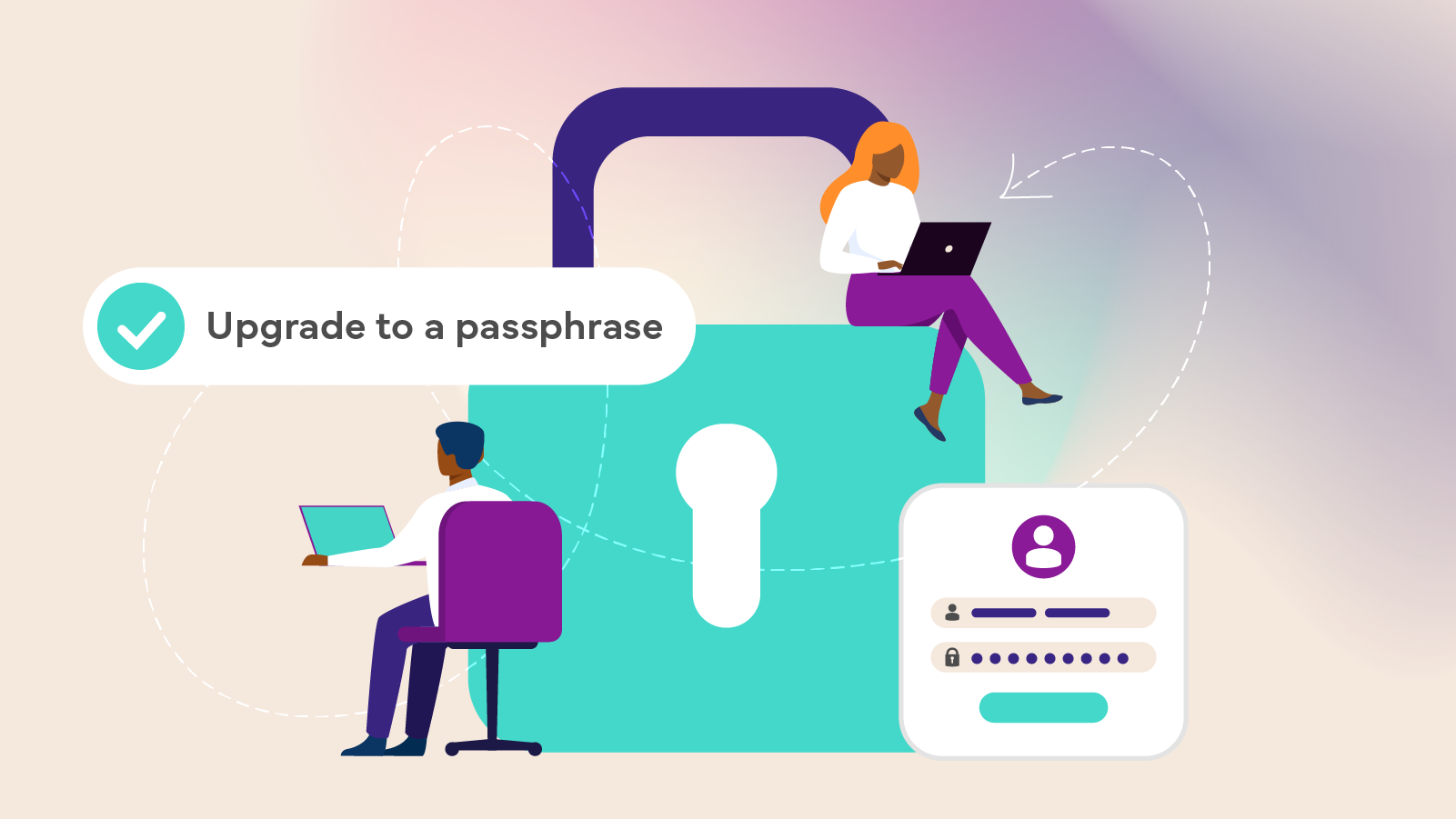With the release of the riveting Netflix documentary "Ashley Madison: Sex, Lies, and Scandal", data breaches have vaulted back into public consciousness. The infamous case not only shook the core of personal privacy but also provided invaluable lessons for small businesses about the importance of cyber security.
In cases similar to Ashley Madison’s, the attacker typically sends an email claiming to have compromising or embarrassing videos or images of the recipient, often alleging they were obtained through hacking the recipient’s computer camera or capturing their browsing history. The scammer then demands payment—usually in cryptocurrency—to prevent the release of this supposed material. It’s important to remember that these claims are often baseless, and responding to the demands or making any payment only encourages further attempts.
Let’s dive into 10 key takeaways from the saga, and what small businesses and their employees can learn from it. Remember: Life is short. Don’t get hacked.
1. Understand the power of emotional blackmail
Cyber criminals exploit emotions like shame, guilt, and fear. The Ashley Madison hack vividly showed how personal data could be weaponised to extort individuals. Small businesses must educate employees on these tactics and foster an environment where emotional blackmail is recognised and resisted.
2. Foster open communication
Create a culture where employees feel comfortable discussing cyber threats without judgment. Providing a confidential channel for reporting suspicious activities can help mitigate risks before they escalate.
3. Highlight the importance of personal cyber hygiene
Just as the fallout from Ashley Madison stressed personal security, small businesses should encourage employees to maintain strong passwords and exercise caution with personal information online.
4. Promote multi-factor authentication
Ensure that both personal and professional accounts are secured with multi-factor authentication. This simple step could significantly deter cyber criminals.
5. Prepare a response plan
In the event of a data breach or digital break-in, having a clear, practised response plan can limit damage and reduce panic. Ensure everyone knows their role in crisis management.
6. Limit data access
The Ashley Madison case taught us that not everyone needs access to everything. Apply the principle of least privilege by ensuring employees have only access to data necessary for their roles.
7. Monitor and respond
Implement tools to monitor data breaches and suspicious activities. Early detection can be the difference between a non-issue and a full-scale data disaster.
8. Learn from mistakes
Use real-life examples like Ashley Madison to analyse and learn. Discuss what went wrong and how similar situations can be avoided or mitigated.
9. Reassure your team
Let your employees know it’s okay to come forward if they think they’re being targeted by cyber criminals. Assure them that their privacy and security are your top priorities.
10. Regular training is key
Keep cyber security training regular and up-to-date. Employees can undertake the Cyber Wardens online course to help identify and protect against scams. Knowledge is power when combating cyber threats.
By embedding these lessons into your business practices, you can enhance your defences against data breaches and other cyber threats. While the lure of secrets and scandals can make for compelling documentaries, in the real world of small business, staying vigilant and prepared is the best storyline to follow. Remember, in the game of cyber threats: “Life is short. Protect your data.”
